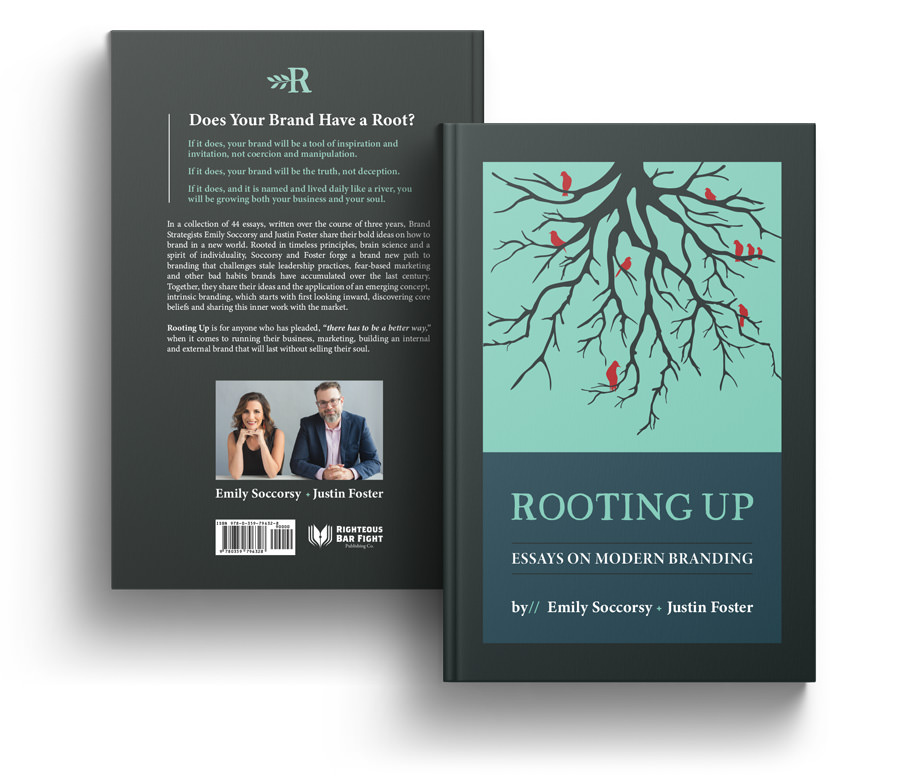Filed Under: 21st Century Branding, Intrinsic Branding
By Jennifer Lawhead
“I have nothing to say.”
“I don’t have an exciting story to tell.”
“I’m just a typical business owner.”
When I work with clients to help them tell their stories, I’m usually met with one or more of these excuses.
I get it. I’ve long been this person too, who didn’t feel I had anything extraordinary to say to the world. I haven’t survived a life-threatening situation. I haven’t founded a multi-million dollar business. I’m not old enough to have wisdom that can help others.
But these are just a list of more excuses, crutches to keep chugging forward without having to share a piece of ourselves with others.
I know stories help us connect with one another. I know those who share make themselves more accessible, more vulnerable and ultimately more relatable. Every time meet someone, I encourage them to find a way to tell their story – whether it be in writing, in their next speech or simply to the person sitting next to them at the coffee shop.
It’s actually comparisons – disguised as excuses – that convince us not to share our stories.
When you say, “I have nothing to say,” you’re really saying, “Everyone else’s voices, lessons and stories are more worthy.”
When you say, “I don’t have an exciting story to tell,” you’re really saying, “Everyone’s else’s story is more significant than mine.”
When you say, “I’m just a typical business owner,” you’re really saying, “I got to where I am today by accident, compared to others who got there intentionally.”
Here’s a little truth: we all have a story to share. No matter the judgment we put around its worthiness or how it compares to others.
I know this because no matter how typical/ordinary/mundane we feel our life events are, they’re anything but.
Only you have experienced the things that got you where you are today. Only you have gone through the trenches of your must difficult obstacles and lived to tell the tale. Only you have persevered in your own way, as only you could have done. And…only you are qualified to tell it.
Your story is as unique as your only-you, forever-you thumbprint.
The best thing about telling your self-described-ordinary story is this: actually telling it makes you extraordinary.
I vow, this year, to share more of my own story. To cut the excuses that I don’t have anything to say. And to stop comparing my stories to others to my own detriment.
I challenge you to do this same, and stop saying you don’t have anything to share. Because, if you’re storytelling to connect better with others and share your wisdom, who are you to make a judgment on how your story will be received?
Jennifer Lawhead is Root + River’s Chief of Story. Follow her @jenlawhead.
